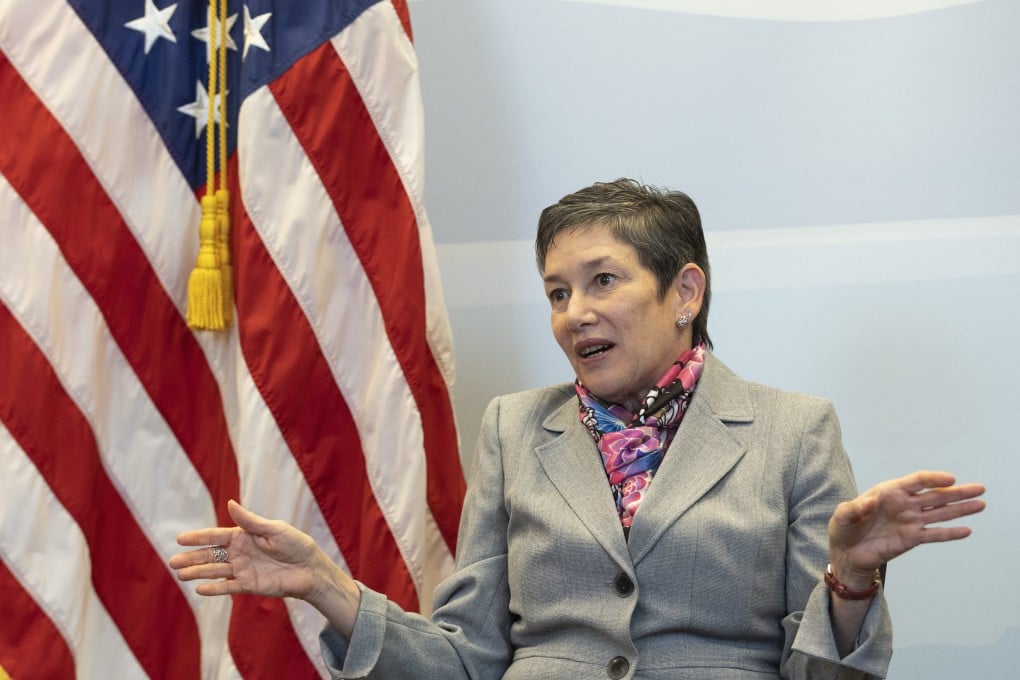Advertisement
Inside Out | The US remains key to saving the World Trade Organization, but will it?
- Hong Kong’s frustration with the US appeal over its ‘Made in Hong Kong’ label reflects global dismay at the WTO’s crippled dispute settlement function
- Allowing retaliation against US protectionism would revive the WTO but, crucially, Washington must also be persuaded to restore judges to the appeal court
Reading Time:4 minutes
Why you can trust SCMP
21

If there is one thing worse than finding yourself embroiled in an international trade dispute, it is discovering there is no way of resolving it.
That frustration was at the heart of complaints by Hong Kong’s Secretary for Commerce and Economic Development Algernon Yau Ying-wah, while meeting Apec trade ministers in Detroit, over a cynical and mischievous 2020 executive order by then US president Donald Trump insisting that Hong Kong exports be labelled “Made in China”.
Hong Kong immediately protested to the World Trade Organization, arbiter of trade disputes. After two years of deliberation, a panel of WTO judges ruled last December that the US had broken trade rules and that Hong Kong was entitled to use “Made in Hong Kong” export labels.
Advertisement
Problem solved? No. The US simply appealed against the ruling, confident that its “Made in China” executive order cannot be challenged. Why? Because the WTO’s appeal process was essentially euthanised on December 11, 2019, by a Trump administration decision to block the appointment of new judges to the WTO’s court of final appeal. WTO dispute panels still meet and make rulings, but there are no longer any judges to hear an appeal.
Hong Kong is not the only victim of America’s wilful strangulation of the WTO’s dispute settlement function – regarded as one of its most important roles. At least 15 appeals against WTO rulings have been lodged over the past three years as losers now routinely appeal into the legal void, confident they will suffer no consequences.
Advertisement
Such is the existential challenge to the WTO, and its indispensable international rule-making role, that the very future of the organisation may be in jeopardy. This is despite broad recognition that the trade-liberalising leadership of the WTO – and the General Agreement on Tariffs and Trade that paved the way for it – has been pivotal in driving international economic growth and poverty alleviation.
Advertisement
Select Voice
Choose your listening speed
Get through articles 2x faster
1.25x
250 WPM
Slow
Average
Fast
1.25x
